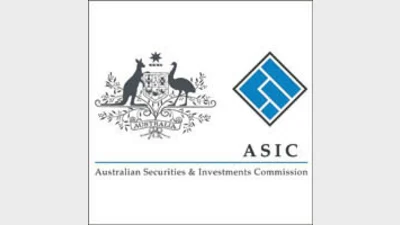ASIC welcomes reforms expanding its role in super



The Australian Securities and Investments Commission (ASIC) and the Australian Prudential Regulation Authority (APRA) have welcomed the proposed reforms aimed at increasing the role of ASIC in superannuation.
The draft legislation, released by the treasurer in response to recommendations from the Financial Services Royal Commission (FSRC), introduced reforms that would support ASIC and APRA to carry out their roles as co-regulators in superannuation.
The reforms would expand ASIC’s role as conduct regulator while retaining APRA’s role as the prudential and member-outcome regulator in superannuation, the regulator said.
“ASIC and APRA have a shared commitment to improving the fitness of the superannuation system for Australians, and we strongly support these reforms. The reforms will strengthen ASIC's ability to effectively regulate superannuation trustee conduct and focus on consumer protection in our regulation of superannuation,” ASIC’s commissioner, Danielle Press, said.
“All trustees have an interest in a robust regulatory system, without gaps in member protection. We want to assure trustees that ASIC and APRA will work together to ensure the new regime is effective and to reduce duplication of regulatory effort.”
APRA’s deputy chair, Helen Rowell, said that APRA welcomed ASIC expanded role in regulating a sector which was more integral to financial outcomes for the broader Australian economy, she said.
“As the conduct regulator of the financial sector, ASIC has a critical role to play in tackling misconduct in superannuation, while APRA will continue to strengthen its focus on member-outcomes and prudential soundness,” she said.
Recommended for you
Australia’s largest super funds have deepened private markets exposure, scaled internal investment capability, and balanced liquidity as competition and consolidation intensify.
The ATO has revealed nearly $19 billion in lost and unclaimed super, urging over 7 million Australians to reclaim their savings.
The industry super fund has launched a new digital experience designed to make retirement preparation simpler and more personalised for its members.
A hold in the cash rate during the upcoming November monetary policy meeting appears to now be a certainty off the back of skyrocketing inflation during the September quarter.









